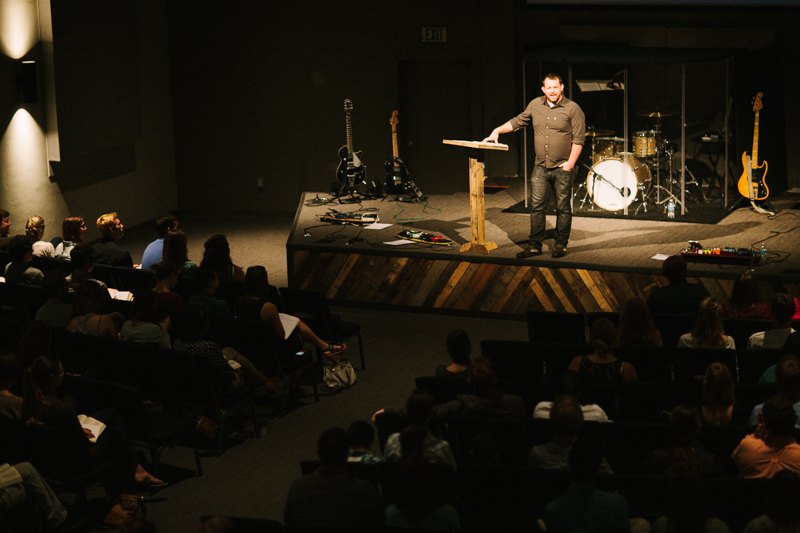We announced Sunday that for this year's |giv| project, we'll be dropping Love Bombs on the city of Columbia. Since the idea of Love Bombs may be new to some people (on the count of it's a made-up thing), we thought some explanation was in order.
The goal of Love Bombs is to extravagantly bless the people in our city. Ultimately we want LifeGroups to be aware of the real needs around them and then graciously respond to those needs by sacrificially giving time and money to meet people in their pain and brokenness.
Projects should be:
- Personal. Your |giv| project should be personal to the group either birthed out of an existing relationship/connection or out of some personal passion or calling. Does anyone in the group have any specific connection to a particular person or group of people in need? Is anyone in your group already serving/working people a person in need? Are their any specific passions or causes that people in your group are drawn towards?
- Relational. Your |giv| project should focus on building relationships with people by serving them and meeting real needs. How can your |giv| project focus on serving people and making disciples (helping people to take the next step toward Jesus)? Is there a way to build relationships with the person(s) you are serving and invite them into your group and our church family?
- Sacrificial – |giv| projects should be costly to all of the members of the group. What are the personal cost that our group will experience by taking on this |GIV| project? Where will you be going? How much time will it take you? How often will you serve them? What are the financial costs?
Love Bomb Examples:
In addition, here are a few real examples of |giv| projects that LifeGroups in our church are already participating in.
A Ministry to Ministries
"Together, my LifeGroup has formed a ministry, "The Helping Hand Ministry" to support Keepin It Real Ministries. Keepin It Real Ministries is a homeless outreach program that supports and encourages men and women with the gospel. Part of their ministry involves a transition home, which aids the men in getting off the street and being encouraged during their life struggles with community and the gospel. We attend their weekly bible studies and spend time with them throughout the week.
Our Love Bomb is to host a benefit concert for Keepin It Real Ministries at the Devine Street Campus and to raise awareness for the ministry and funding to support their efforts in our city."
Kickball in Earlewood
One random evening this past summer one of our LifeGroup members was eating dinner outside with some neighbors. He heard the sound of a rock hitting a window, and peaked over the fence to find a boy trying to break into an abandoned house. As it turns out, there were some younger kids in our neighborhood who were breaking into houses and said they had been taught how to break into the houses by older kids they knew.
After talking to the kids' parents, we thought it'd be a good idea to start playing kickball with the kids in Earlewood park, which gives us an opportunity to build relationships with them, and talk to them about life.
For our |giv| project, we're going to choose from one or more of the following:
- Buy the kids some food to take home to their parents. Buy them some winter clothes.
- Setup a Santa shop in the park for kids to have their picture taken him this Christmas.
- Buy the kids some sports equipment for them to get active.
Partying at Epworth
Our Love Bomb is to hosting a Christmas party for one of the Epworth cottages. A couple of the girls have connections to the home and we're excited to get to bring Christmas to them this year.
[button label="Ready to give it a shot? Visit lovebombcolumbia.com" link="http://lovebombcolumbia.com" shape="default"]




































